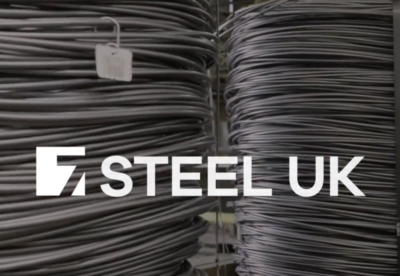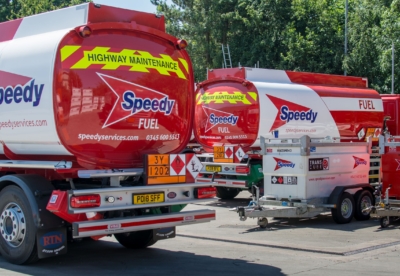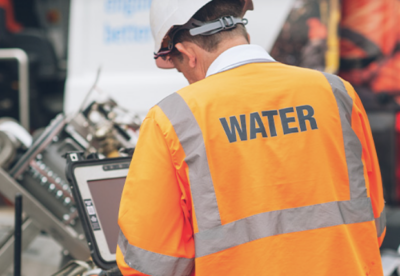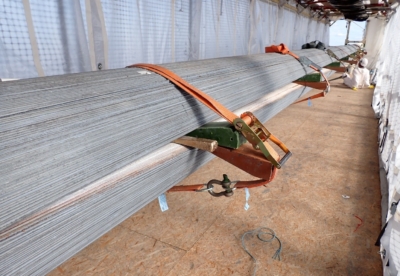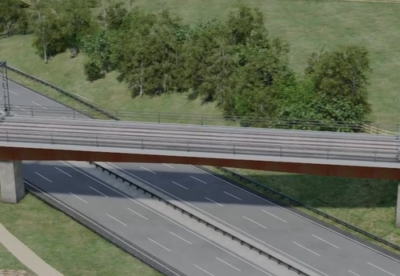The proposal forms the central plank of the Construction Leadership Council’s CO2nstruct Zero campaign, which has set a target to cut the amount of diesel used by construction by 78% by 2035.
The CLC has today gone out to consultation on a new route map for the first ever unified plan to slash the amount of diesel used on sites.
Among a series of goals, the CLC aims to get the industry’s best 500 firms to eliminate diesel generators from sites by 2023.
It also wants by 2025 for the industry to switch at the very least to 100% biofuels use for the 300,000 units of construction equipment estimated to be used in construction.
To encourage the switch to alternative fuels, the Council plans to start publishing a checklist of diesel machinery electric alternatives every year for contractors and hirers.
The plan, which has been drawn up by leading contractors, plant firms, clients and trade bodies, wants the ‘best 500’ companies to also publish comprehensive zero diesel plans by 2024.
After this date, it aims for 10% annual growth in the number of published strategies.
The Zero Diesel consultation will remain open until the end of the month, after which feedback will be used to develop a final version of the plan.
Zero Diesel working group chair and HS2 Head of Environmental Sciences Neil Wait said: “As we approach COP27, we are reminded of the commitment that our industry gave last year in Glasgow.
“Our promise was to work together to deliver a Net Zero UK construction sector.
“We can only do that if we have a clear plan to eliminate the carbon emissions from our work.”
He added: “I am delighted that we can now test our proposals to dramatically reduce diesel use with industry and would encourage everyone to play their part in the consultation.”
CLC Deputy Co-Chair Richard Robinson said: “One of the strengths of CLC is its ability to coordinate activity from across the sector ensuring that we can all unite behind a common objective.
“As such, now is your chance to have your say on the way that we will deliver a 78% reduction in diesel use on sites by 2035.”
Draft consultation proposals include:
• Training support to reduce plant idling and an industry fuel-saving ‘tournament’
• Developing a catalogue of diesel-alternative plant and efficiency tools
• Support to develop hydrogen as a fuel source
• Development of checklist to support sites transitioning to electric plant
• Work to improve availability of grid connections to sites
• A target to remove diesel generators from sites
Consultation responses are being collected via the following link.






 (300 x 250 px).jpg)





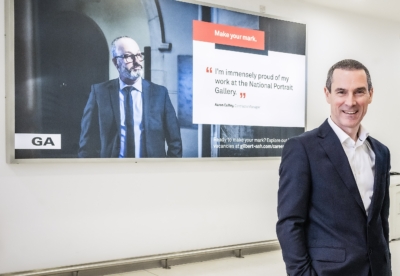





.gif)
